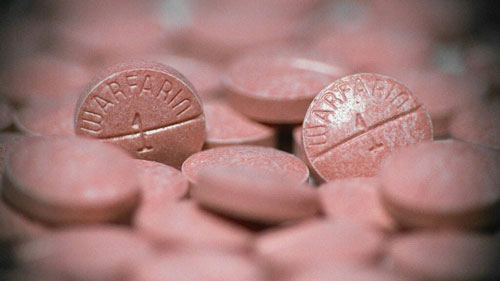A new study has found that administering heparin-based blood thinners to patients with Covid-19 in the first 24 hours of hospital admission reduced the risk of death.
The researchers observed a 27% reduced risk of 30-day mortality among patients who received blood thinners.
Severe bleeding that required a blood transfusion occurred in 4.6% of patients and was not significantly linked with early intervention to prevent coagulation.
The ongoing Covid-19 pandemic has caused more than 2 million deaths throughout the world. The United States currently has the highest number of related mortalities, more than 499,000 at the time of publication.
While emerging Covid-19 vaccines may eventually help reduce the number of deaths, the relatively slow rollout in many countries has led to concerns that seeing significant effects will take time.
Stay informed with live updates on the current Covid-19 outbreak and visit our coronavirus hub for more advice on prevention and treatment.
Excessive blood clotting is a hallmark of some severe Covid-19 cases. In May 2020, thrombosis expert Prof.
Beverley Hunt told Medical News Today that she was surprised to find such high levels of clotting factors in the blood of patients with severe Covid-19.
“Now we know that these patients have incredibly sticky blood. This stickiness is causing them to have deep vein thrombosis.
And of course, if you have a deep vein thrombosis, bits of it can break off and travel through your body and block some of the blood supply to the lungs,” Prof. Hunt explained.
At the hospital where she works, patients were routinely receiving small doses of anticoagulants to reduce the risk of blood clotting.
And as data on the use of blood thinners began to emerge, updates to clinical guidelines followed suit.
The National Institutes of Health (NIH) recommend that everyone who is hospitalized for Covid-19 treatment, except those who are pregnant, receive prophylactic anticoagulants.
Recently, a team of researchers in the United Kingdom and the U.S. published data from an observational cohort study.










